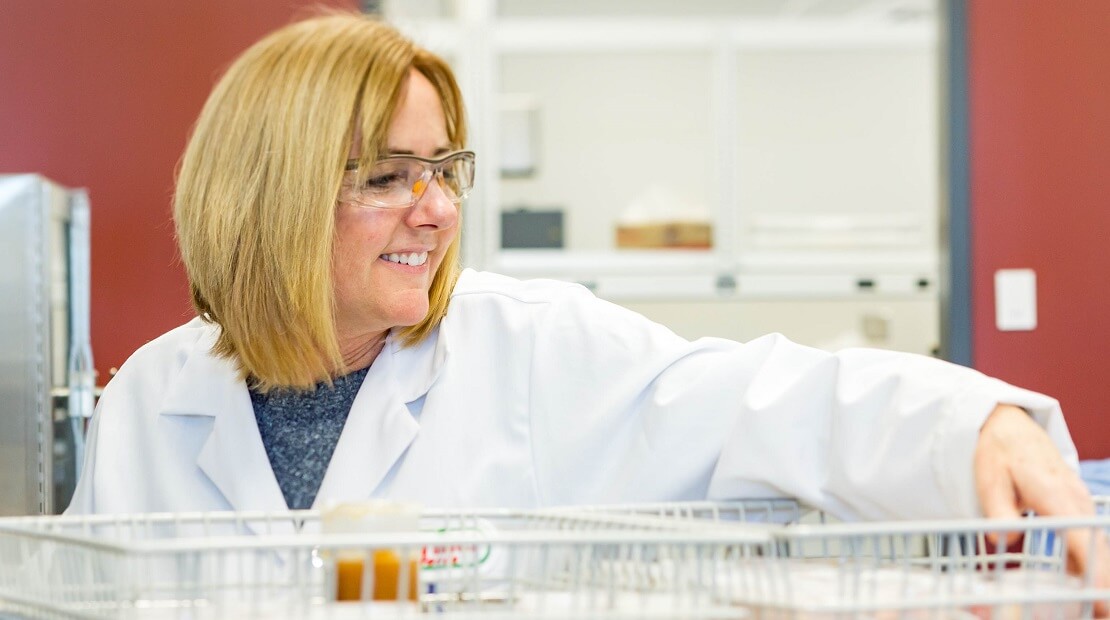Events
Know How to Make a Better Vegan Cheese?

Star Tribune
Both companies, and a handful of other Minnesota-based foodmakers, will pitch these challenges and more to the state’s entrepreneurs on Wednesday in hopes someone else might have a solution.
The reverse-pitch event, organized by the Agricultural Utilization Research Institute (AURI), is the first of its kind for Minnesota’s food industry and is an example of how large corporations are increasingly receptive to getting good ideas from outside sources.
“We’ve thought long and hard about the concepts we would pitch because we want it to be impactful and to be truthful of the challenges we face,” said Stacey Fowler, senior vice president of product innovation and development at Schwan’s. “We are hoping to hedge our bet that we are able to find someone out there that can help us.”
Startups, entrepreneurs and inventors typically have to fight to get their ideas and voices heard by larger, established companies or investors. A reverse-pitch event flips that around by having the larger — and often better funded — players present their problems to creative minds outside their organization.
Fields like technology and biopharmaceuticals have used this approach, sometimes called open innovation, and Shannon Schlecht, AURI’s executive director, saw an opportunity for it locally with Minnesota’s robust food and agriculture scene…
“The whole benefit of this program is it allows you to imagine things that you probably would’ve left on a chalkboard somewhere because it doesn’t fit with your resources,” said Scott Aakre, Hormel’s vice president of consumer insights and corporate innovation.
Ideally, a match between a food company and innovator is made at a reverse pitch event. The big company gets a big problem solved that makes its business run better, and the smaller startup or entrepreneur gets access to the corporation’s facilities and resources to make ideas a reality.